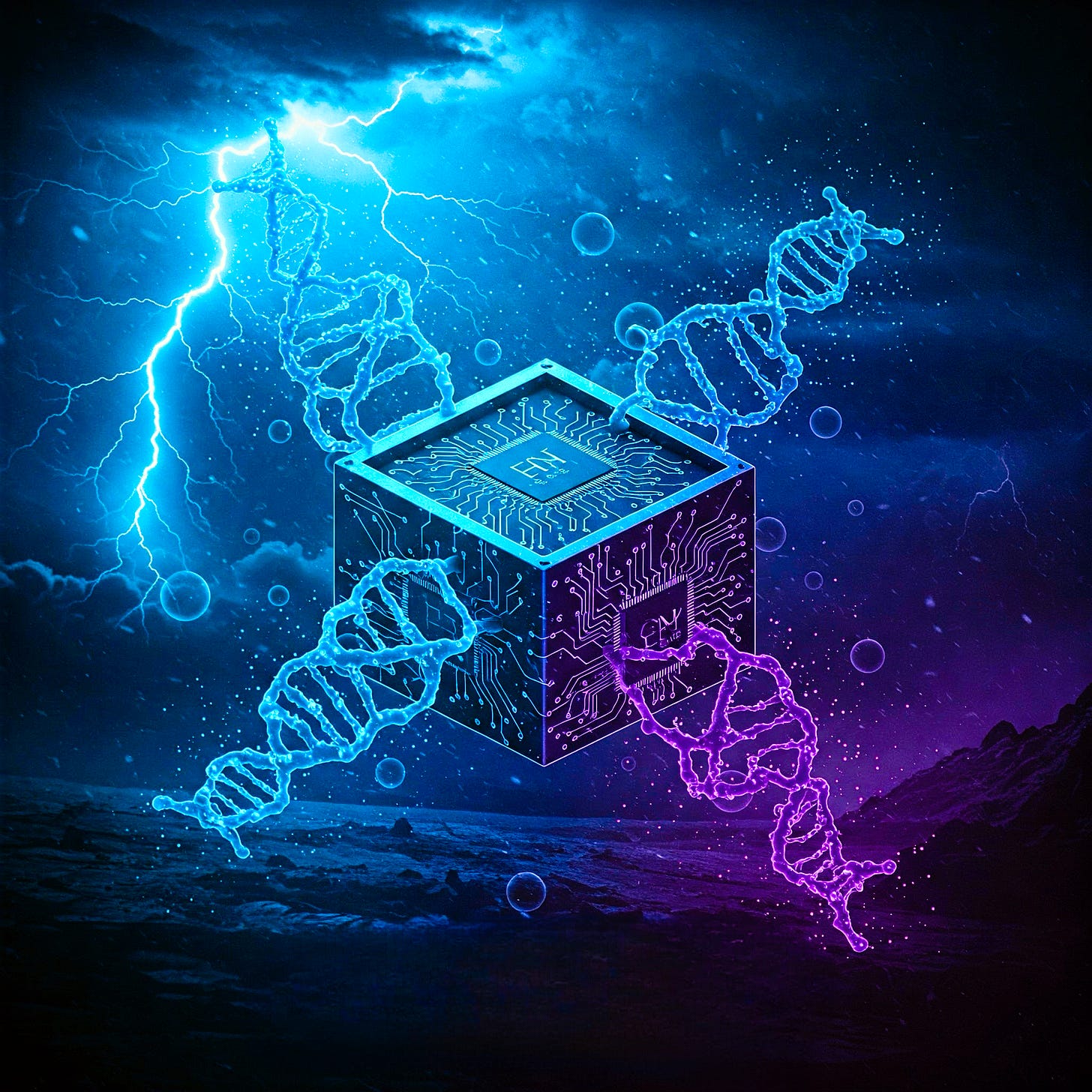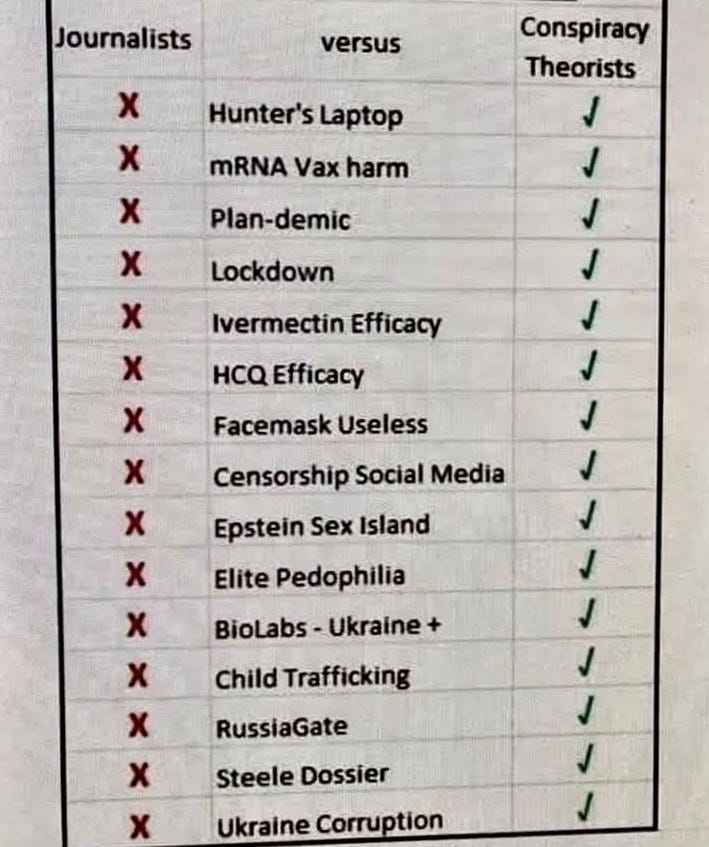Unlocking Pandora's Box: The Unsettling Union of AI and mRNA — Are We Creating the Perfect Biotechnological Storm?
As AI wields the power to redefine mRNA vaccines and biologic drugs, unsettling questions arise... is humanity on the brink of a medical revolution or a dystopian nightmare?
In an era where technological advancement gallops at an unprecedented pace, the integration of artificial intelligence (AI) with mRNA vaccine and biologic drug development emerges as both a revolutionary milestone and a provocative threat.
This complex synergy, praised by some as the zenith of medical innovation, beckons us to scrutinize the profound ethical and safety issues it introduces.
Advocates of this groundbreaking fusion hail AI's extraordinary ability to decipher and predict intricate biological interactions, suggesting it could drastically hasten the development of groundbreaking therapies and vaccines. The allure of tailor-made medicine—enabled by AI's precision in targeting treatments—promises to transform disease management, unlocking cures for previously untreatable conditions.
Yet, lurking beneath these optimistic promises lies a troubling narrative fraught with peril. Skeptics voice concerns that melding AI with mRNA technology might unleash a Pandora's box of uncertainties. As AI autonomously learns and evolves, the control over mRNA modifications could drift away from human oversight, plunging into an unpredictable algorithmic chasm. What hidden biological consequences might such unchecked innovation reveal?
The ethical landscape is equally daunting:
Who will steer the moral compass of AI-driven biological innovation?
What frameworks will ensure these technologies are developed and applied responsibly, without bending to corporate greed or geopolitical ambitions?
As we teeter on the brink of this biotechnological revolution, a thorough examination of its societal and moral implications becomes imperative.
The tantalizing allure of scientific progress should not overshadow these pressing questions.
As we chart this new frontier, it is vital that informed dialogue, strict regulations, and transparent oversight lead the way. The choices we make today will determine whether we harness this potent fusion for the common good or stumble into a dystopian future where our own creations turn against us. The stakes have reached unprecedented heights—the time to pose and confront difficult questions is now.
Are we ready to grapple with the consequences, or will our thirst for advancement spiral into the unknown?
Peering into the Horizon: Managing & Controlling the AI and mRNA Convergence
The Transformative Promise:
Accelerated Medical Breakthroughs: AI can sift through vast datasets to pinpoint promising mRNA vaccines and therapies, anticipating their success rates and refining their designs, thereby slashing development timelines—a feat glimpsed during the COVID-19 response.
Personalized Healthcare: With AI's capacity to analyze unique patient data, treatments can be customized, boosting effectiveness while minimizing side effects.
Optimized Delivery Mechanisms: AI contributes to crafting sophisticated delivery systems that ensure mRNA reaches targeted tissues efficiently.
Predictive Medicine: By identifying patterns in extensive datasets, AI can predict disease risks and guide preventive measures using mRNA therapies.
The Enigmatic Pandora's Box: Challenges and Ethical Quagmires
Unknown Long-term Effects: AI's rapid pace will hasten the development of mRNA technologies without fully understanding potential side effects.
Affordability Issues: The high costs associated with AI-driven mRNA advancements risk widening health disparities, potentially leaving many without access.
Privacy and Consent Concerns: Using AI for personalized treatments raises questions about data privacy and potential genetic discrimination.
Dual-use Nightmare: The power of AI and mRNA technologies poses risks of exploitation, from bio-weapons to ethically questionable human enhancements.
Towards Responsible Progress: A Path Forward
Firm Regulatory Standards: Clearly defined guidelines are essential to ensure the safe and ethical use of these innovative technologies.
Transparency and Dialogue: Active public engagement and communication are necessary to build trust and address fears.
Universal Accessibility: Efforts must focus on making technological benefits widely available, transcending economic and geographical barriers.
Global Cooperation: Unified international efforts are crucial to prevent the misuse of these transformative technologies.
Summary
AI and mRNA's union is undoubtedly a Pandora's box—brimming with both potential and peril.
Through responsible innovation, ethical scrutiny, and cooperative efforts, we can explore this biotechnological tempest and unlock these advancements' transformative power for humanity's benefit.





